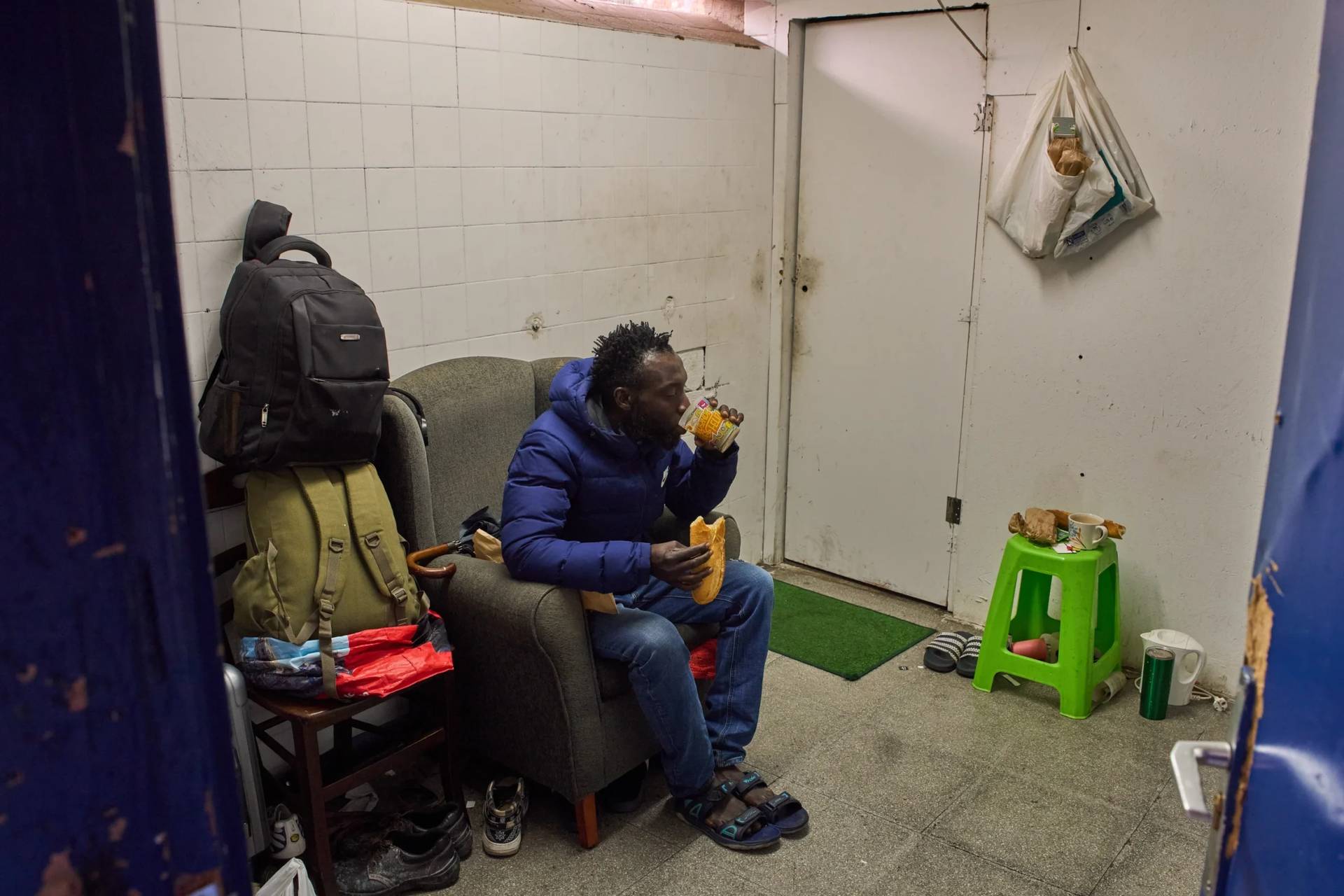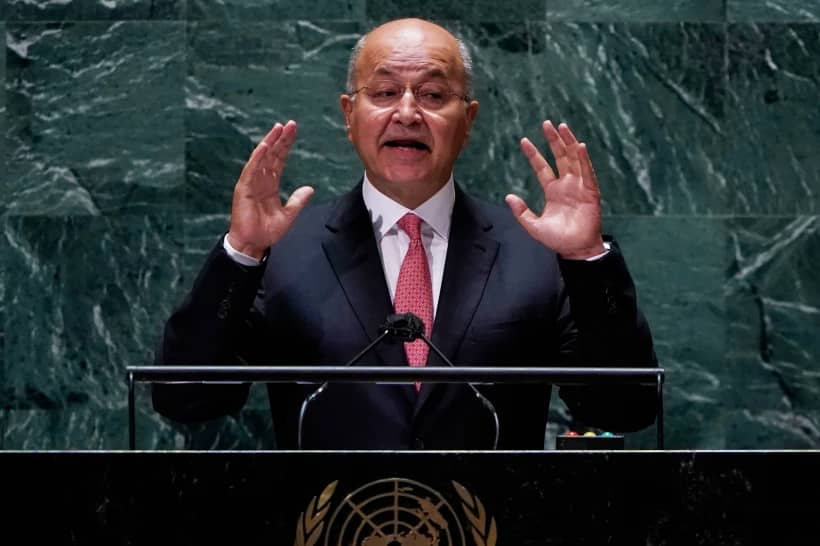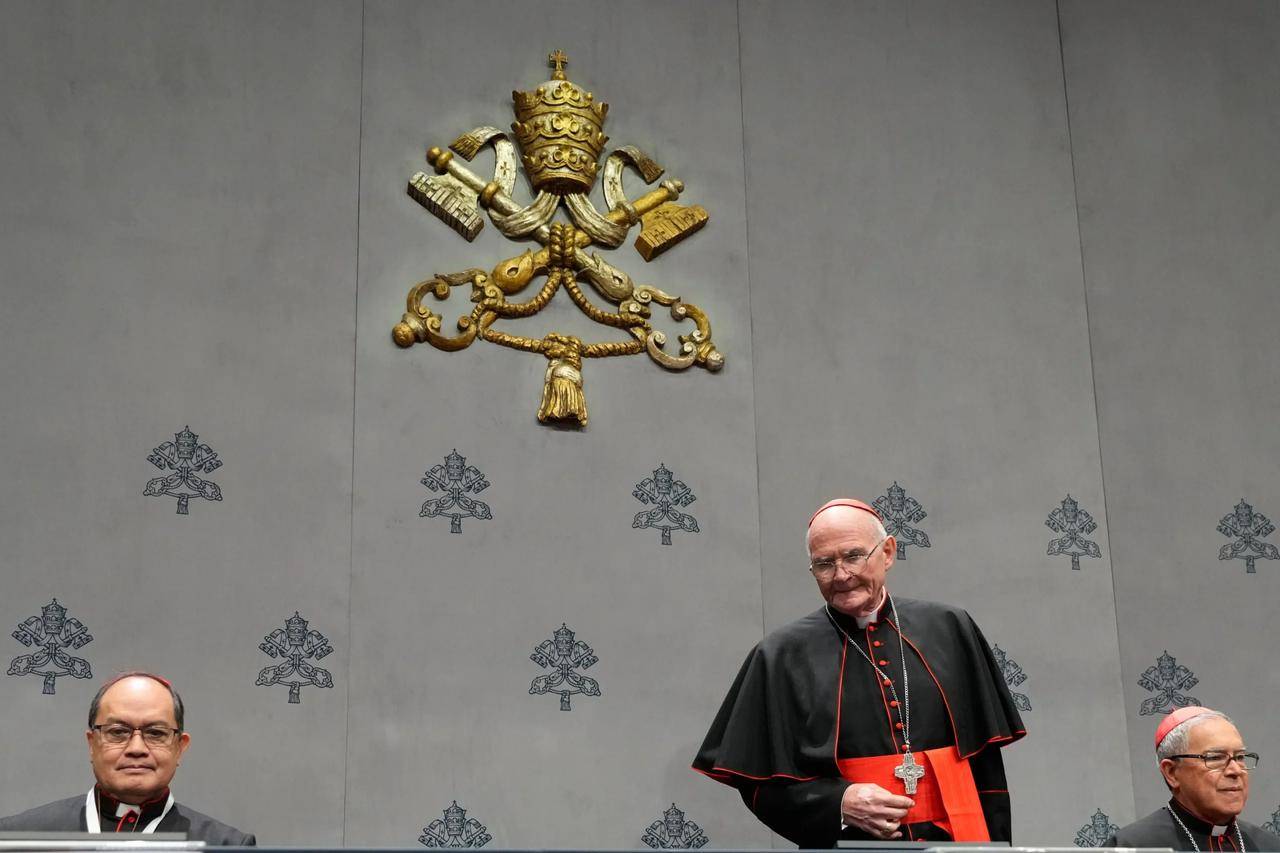ROME – A long-awaited ecclesiastical trial for a priest who allegedly broke the seal of confession to inform members of a controversial lay group in Italy of a police investigation of their leader for sexual abuse of minors has been postponed indefinitely.
The decision has not played well with alleged victims of the group and their families.
“They are playing with our lives,” said the mother of one of the victims to Crux April 4.
The mother, who wishes to remain anonymous to protect her underage daughter’s identity, claims to have gone to confession with Father Orazio Caputo in the fall of 2017 where she spoke of her concerns for her daughter within the lay-led “Catholic Culture and Environment Association” (ACCA) in the southern Italian town of Acireale.
She claims to have told Caputo, who performed the sacraments for ACCA members, of a police investigation of the so-called “Twelve Apostles,” looking into the top officials of the association and its charismatic lay leader, Piero Alfio Capuna, considered to be the reincarnation of the Archangel Michael by his acolytes.
The ecclesiastical trial for Caputo, which was supposed to take place April 15 in the diocese of Acireale, has been postponed with no set date. The trial has been scheduled to take place and then delayed for the past two years.
“Father Orazio is not saying Mass and has excused himself from confession … for a long time now,” said Father Giovanni Mammino, vicar general for the Diocese of Acireale in Sicily, in a Feb. 19 interview with Crux.
Mammino was placed in charge of an internal probe into ACCA and Caputo, and said he presented the results to an ecclesiastical court following the request of the Bishop of Acireale, Antonino Raspanti.
“I worked really hard and collected all the data. We did so much work, listened to so many people,” Mammino said.
While the ecclesiastical trial is stalled, civil proceedings against Caputo continue. He is charged with aiding and abetting a criminal conspiracy and will have to attend his criminal trial as soon as July.
According to a police report, Caputo – having heard from the mother of an alleged abuse victim of the police investigation – warned the president of ACCA Salvatore Torrisi and regional councilor Domenico Rotella, who is married to one of Capuana’s closest associates, Rosaria Giuffridda, and who is also facing trial for facilitating the alleged abuse.
“You understand that to tell us these things that person is exposing himself a lot, also because his ministry doesn’t allow him to,” Rotella said in a phone interview with a member of ACCA’s leadership intercepted by the Italian police in 2017.
“I spoke to Orazio… Orazio Caputo… and he told me the issue, he told me in such a way that he could tell me, obviously, he gave me more information,” Rotella said. “I must pretend that he never told me this, clearly, so I can never speak about it. I have never spoken to him, right? Because otherwise this poor guy, you understand he’s going to end up belly up, you understand, no?”
In the intercepted conversations, Rotella said that he learned from Caputo about the police looking into the cases of sexual abuse of minors and of financial issues tied to ACCA.
Capuana, who was arrested in August 2017, is charged with sexually abusing at least six underage girls and has asked for an expedited trial, which is scheduled to take place in May. He was initially supposed to begin his trial on Feb. 18.
The mother of the alleged victim has seen both the civil and ecclesiastical trial postponed over the past two months, following more than two years of waiting for closure.
“I feel like we are just cannon fodder!” she told Crux via text message upon learning that the trial against Caputo was postponed.
The Diocese of Acireale released a statement in October 2017 stating that ACCA “was a civil association” with no official ties to the Church. In November 2018, a letter signed by Raspanti asked that all Catholic institutions “abstain or eventually interrupt” relations with the group.
“We collaborated with the magistrates,” Mammino said, while insisting that the diocese was not previously aware of abuse concerns within the movement.
“The façade appeared to be all calm and serene… but all these things hiding underneath did not emerge,” he said.












